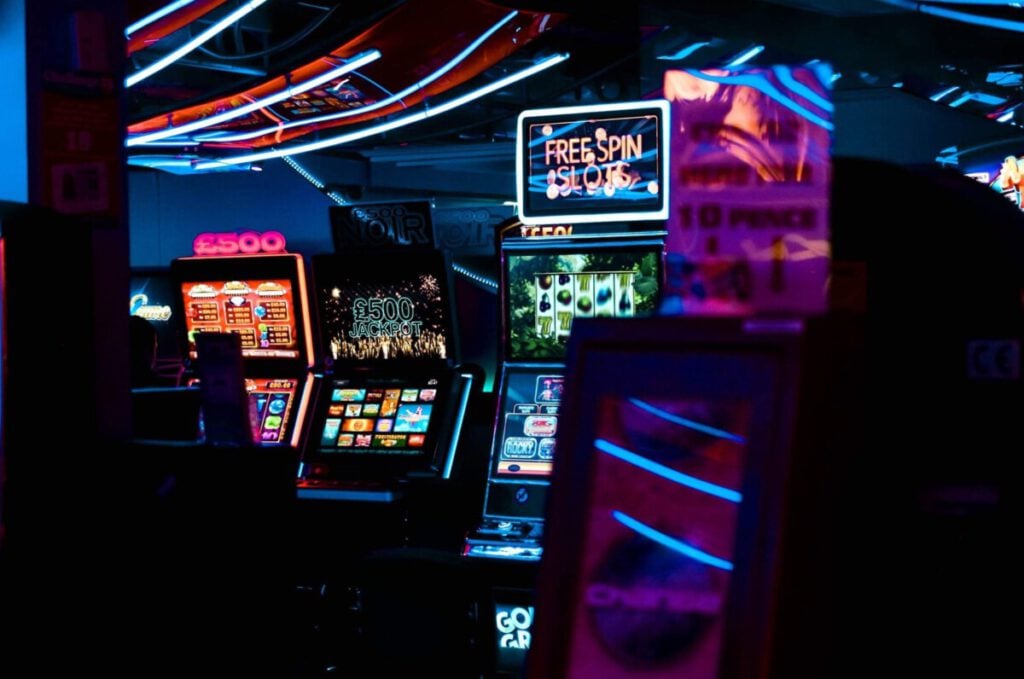The Netherlands’ online gambling market is currently experiencing major changes due to new regulations aimed at protecting players.
Recent guidelines are focused on creating a safer gaming environment through measures like deposit restrictions and mandatory breaks for players. However, the proposed tax hikes have sparked criticism from casino operators and labour unions.
Let’s try to understand what’s going on. 👇
New player protection measures
On October 1, 2024, the Dutch government introduced a new set of regulations to safeguard online gamblers. These measures are a significant step towards creating a hopefully much safer gambling environment in the Netherlands.
What do they entail, you ask?
1. Monthly deposit limits
The new regulations introduce monthly deposit limits of €700 per month for adults aged 25+ and €300 per month for young adults (18-25 years old).
These limits act as financial safeguards to prevent excessive spending. Players who want to exceed these limits will need to make direct contact with their gambling provider now.
While these measures aim to protect players, they could push some Dutch gamblers toward non-Dutch platforms, which often have fewer restrictions.
For example, an instant withdrawal casino generally provides more flexibility with higher deposit and betting limits, a greater variety of games, and modern payment options like e-wallets and cryptocurrencies.
As the Netherlands’ new requirement also means that providers have to take the players’ financial situation and gambling habits into account before allowing higher deposits, it may be the final nail in the coffin for players looking for a less restrictive gambling environment.
2. Pop-up messages during gameplay
Gambling operators in the Netherlands are now required to display pop-up messages every 30 minutes during gameplay.
Although these may interrupt the gaming experience, they’re meant to remind players to monitor their session duration and take regular breaks.
3. Increased operator responsibilities
Casino operators now have new responsibilities, including investigating players who reach their deposit thresholds long before the month runs out.
The goal? To identify any signs of excessive gambling behaviours, take proactive measures to identify and address potential issues before they escalate.
How does the industry respond? Surprisingly positively
The new regulations aim to create safer, responsible gambling measures. So far, the industry response to these new regulations has mostly been positive.
The Industry Trade Association of Licensed Dutch Online Gambling Providers (VNLOK) expressed their support, viewing the regulations as crucial for maintaining a responsible gambling market.
But of course, some operators have voiced their concerns about the potential over-regulation, emphasising the need to strike a balance between player protection and market viability.
Let’s take a closer look at industry developments
ComeOn Group, a well-established European online gambling operator, made the decision to join the Netherlands Online Gambling Association (NOGA).
Their entry into the Dutch market and NOGA membership highlights how attractive the Netherlands’ regulated gambling environment is. This strengthens NOGA’s position and brings valuable industry experience to the association.
NOGA plays a vital role in the Dutch gambling market, advocating for licensed operators. The association promotes a safe, responsible, and competitive online gambling market in the lowlands.

By representing its members’ interests, NOGA engages with regulators and policymakers to ensure the integrity and shape the industry’s future.
Some other key trends and developments in the gambling industry include:
- Market growth: The industry’s Gross Gaming Revenue reached €1.388 billion in 2024, a 28% increase from two years before.
- Player account growth: Active gambling accounts surpassed one million in 2024, up from 970,000 in 2022.
- Young adult participation: Players aged 18-23 now account for 20% of active accounts despite representing only 10% of the population.
- Change in gambling preferences: games against the house, such as slots and live dealer games, are more popular than ever, followed by peer-to-peer games like online bingo and poker.
- Advertising regulation impact: The 2023 ban on untargeted gambling advertisements has significantly reduced site visits from non-gamblers.
The tax hike debate
The Dutch gambling sector is also grappling with proposed tax increases.
As it is, gambling operators already pay a 30.5% tax on gross gaming revenue, but the government plans to raise this rate substantially over the next two years.
The proposed tax hike timeline is as follows:
This proposal has sparked backlash from operators and labour unions, who argue that such a steep increase could jeopardise jobs and drive players to unregulated markets.
For example, Holland Casino, the state-owned gambling operator, has taken a hard stand against the hike. They argue that a significant increase like this could severely impact their operations and profitability.
Labour unions FNV and De Unie have joined forces with Holland Casino to campaign against the controversial tax increase. Their main concerns concern potential job losses and reduced worker benefits.
The unions fear that operators, facing financial pressure from higher taxes, may resort to mass layoffs or cut employee benefits to maintain profitability.
The potential consequences of this tax hike are far-reaching:
- Impact on operators: Higher taxes could reduce profit margins, potentially forcing some operators out of the market.
- Job security: As operators look to cut costs, employees in the gambling sector may face an increased risk of layoffs or reduced benefits.
- Risk of driving players to unregulated markets: If licensed operators offer less competitive odds or bonuses due to higher taxes, players might turn to illegal, unregulated platforms.
The proposed tax hike is no small feat to the Dutch gambling industry, potentially threatening its stability and the jobs it supports while risking an increase in illegal gambling activities.
Balancing regulation and market viability
The Dutch government faces a challenging balancing act between protecting players, generating tax revenue, and maintaining a viable regulated market.
From the government’s perspective, stricter regulations and higher taxes serve two main purposes: enhancing player protection and increasing state revenue.
They argue that these measures are necessary to create a safe gambling environment and ensure the industry contributes its fair share to public coffers.
However, the industry has raised concerns about over-regulation.

Operators worry that over-regulation may push players toward illegal or non-Dutch platforms, undermining the protective framework and reducing tax revenue.
The challenge lies in maintaining a competitive, regulated market while achieving regulatory goals. If licensed operators cannot offer attractive odds or bonuses due to high costs, players may move on to illegal platforms, undermining the protections the regulations aim to provide.
Even if they turn to legal and verified offshore platforms, the state will still lose those potential taxes. This situation could lead to a lose-lose scenario where player protection is compromised, and the state collects less tax revenue due to a shrinking regulated market.
What does the future hold?
Finding the right balance means the Netherlands needs ongoing dialogue between regulators, operators, and other stakeholders to guarantee player protection, fair tax revenue, and a market that can stand up to black-market competition.
The Dutch gambling market may face challenges in the short term as operators and players adapt to the new rules and tax increases. Smaller operators might struggle to keep up, leading to some consolidation in the industry.
In the long run, the market is expected to grow more steadily, with responsible gambling becoming a core focus as the industry matures.
What are your thoughts on the new regulations for the Dutch gambling industry? Share them in the comments.
